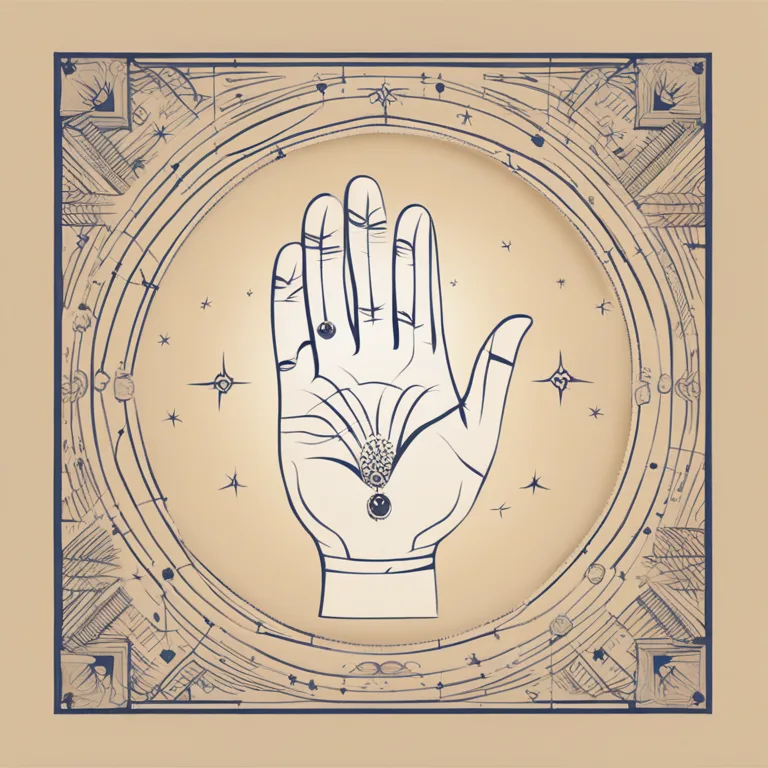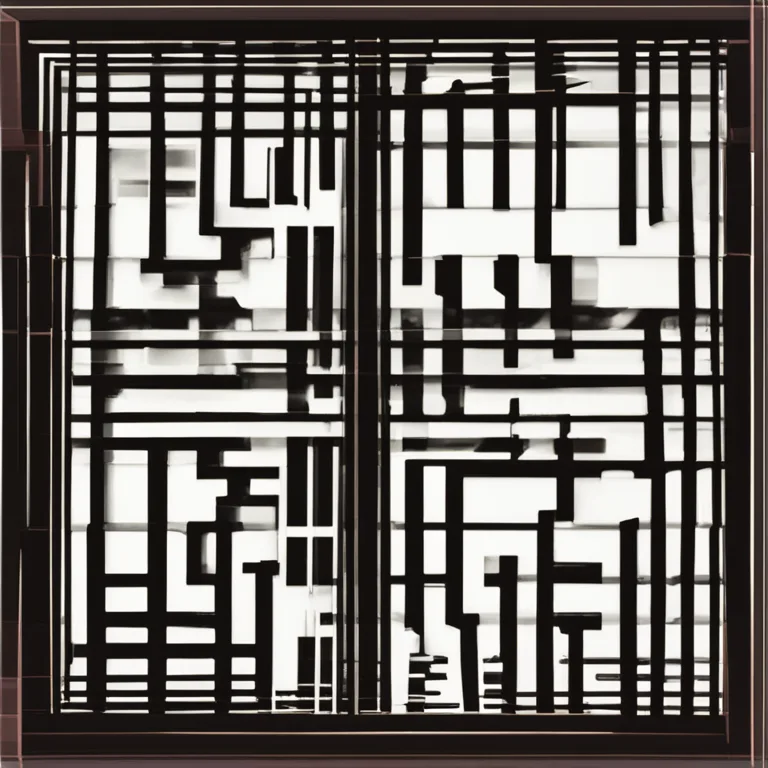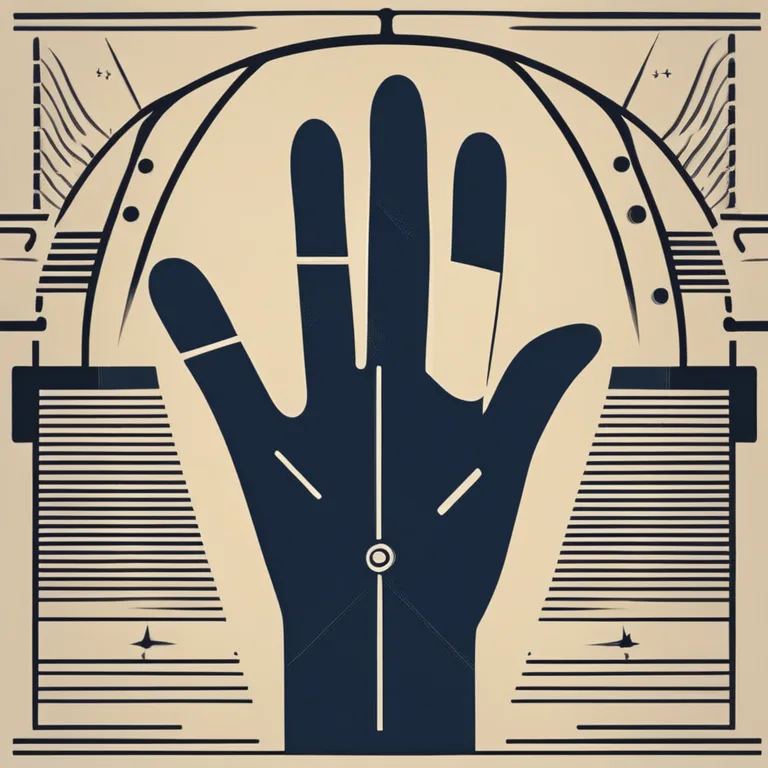
Palmistry's Insights on Family Expansion
Delve into palmistry to discover potential indicators of childbirth and family growth within the lines and marks on your hands.
article by Nora Pennington
Palmistry's Link to Parenthood
Palmistry, a practice grounded in ancient traditions, offers unique insight into various aspects of life, including the potential for having children. Enthusiasts believe that certain lines and markings on the palms can reveal information about an individual’s progeny. The study of these lines is both an art and a science, interpreted by experts who have dedicated their lives to understanding palmistry's secrets. As we progress into 2024, the timeless fascination with what our hands can tell us about our futures, including the prospects of having babies, remains as compelling as ever.
Identifying the Children Lines
Among the various lines on a palm, the ones often associated with children are the vertical lines that appear under the pinky finger, on the mount of Mercury. These are traditionally known as "children lines" or "offspring lines." While not everyone has these lines, a prevalent belief is that the presence and quality of these lines can indicate the number and vitality of one's children. However, interpretations can vary, and palmists often take into account other aspects of the palm for a holistic reading.

Number of Children Represented
The number of children lines is thought to correlate with the number of children one may have. A clear, straight line might suggest a child born without complications, whereas a faint or broken line could indicate challenges. It's important to note that modern palmistry recognizes that these lines may not just represent biological children but can also symbolize individuals who play a significant role in a person's life, much like that of a child.

Gender and Children's Future
Some palmists assert that the depth and length of children lines can give insight into the gender and future prosperity of the offspring. A longer line is occasionally associated with a male child, while a shorter line might indicate a female child. However, contemporary interpretations often focus more on the potential and qualities a child might possess, rather than gender predictions.

Effects of Changing Attitudes
It's essential to consider that societal changes, especially as we move further into the 2020s, may influence the relevance of these interpretations. With more people opting for smaller families or alternative life paths, the historic significance of children lines as an indicator of progeny might be evolving. The lines may instead represent different types of creative or nurturing outputs, reflecting a person's legacy beyond traditional family structures.
Consulting a Professional Palmist
When seeking to understand the children lines or any other aspect of palmistry related to family life, consulting a professional palmist can provide a personal and informed reading. They can consider factors like line definition, hand shape, and other palm features to offer a more nuanced interpretation, tailored to the individual's circumstances and the changing norms of our society.
A Multifaceted Understanding
While palmistry and its link to predicting childbirth is intriguing, it remains an esoteric practice, often viewed with skepticism by the scientific community. It's important for individuals interested in palmistry to approach it with openness and a sense of exploration, rather than as a definitive predictor of the future. The insights gained can offer a fascinating glimpse into potential life paths, while still allowing for the unpredictable nature that makes each person's life journey unique.
Published: 1/3/2024
Modified: 1/3/2024
More predictions
Come back here soon to learn more about yourself and your future


Palmistry vs. Astrology: Which Predicts You Better?
Delve into the fascinating realms of palmistry and astrology to determine which ancient practice offers more accurate insights into your life.


The Lines of Learning: Palmistry's Education Marker
Discover the significance of the Education Line in palmistry and learn how it reflects one's intellectual pursuits and learning style.


The Correct Hand for Palm Reading: A Guide
Learn which hand to read for insightful palmistry interpretations and how the distinction influences personal readings.